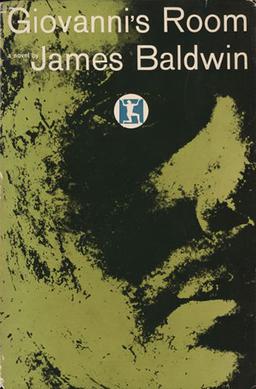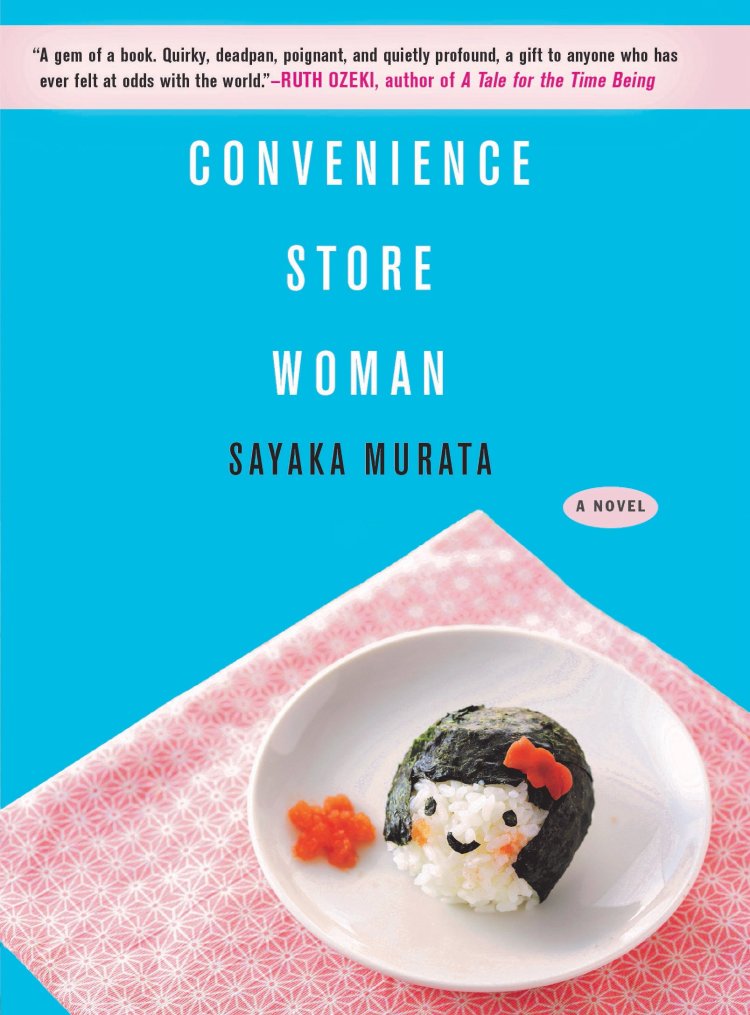
February 17th, 2024
I'm conflicted about this one. First off, the good: I loved the prose, it kept things interesting even when nothing was really happening in the book. For some reason I was expecting it to be more flowery but it's not at all, it's very sharp. I also think it's amazing that James Baldwin published such a book at the time despite the controversy, and that he fought to have it published after the first publisher declined him. I'm glad this piece of literature came into the world. There is untranslated French throughout the book, but you can probably guess what most of it says through context alone (I'm grateful we can translate so easily now, but I imagine it was a bit irritating for English only speakers to read this back then if you didn't have a French dictionary on hand).
I'm gonna get it off my chest right away: I did not like the main character. I think David is egotistical, exhibits narcissistic traits, is overly navel-gazing and his selfishness and indecision hurts and drains everyone around him. I disliked him greatly, but I pitied him. I pitied that he could not be honest with anyone because he was constantly denying himself, and in the end he is left with no one. Even if he one day finds a new partner to deceive, he will forever be haunted by the regrets of his past and will not be able to be happy. I understand I have to look at this with the lens of the past where being gay was much less accepted than it is now, but I do believe David would have been happier if he had accepted his sexuality. He may not have been able to build an "American Dream" life, but he still could have built something worthwhile with Giovanni. I spent the last third of the book wondering why David just didn't get a job when they were struggling financially, and came to the conclusion that he probably saw no need to because he had always planned on leaving Giovanni from the beginning because he is simply a "tourist" (both in Paris and in the gay world).
As for Giovanni... Well, his life really was tragic, wasn't it? Unable to cope with his still-born son, he flees his village in Italy and finds some stability in Paris, until he meets David. I don't think it's an exaggeration when I say his brief entanglement with David ultimately ended his life. I can't not mention how incredibly misogynistic Giovanni is. David is misogynistic too and goes along with what Giovanni says, but that line about beating women and putting them in their place had me stop and take a break from the book for a week out of disgust. They may be characters in a book from the 50s, but this is still a familiar sentiment from men now, nearly 70 years later, and I couldn't help but wonder if these are reflections from the author himself. Despite this, it was still sad to see Giovanni's decline.
The struggle that Hella faced was well understood, really I could quote that whole page about her arguing with David on what it's like to be a woman. From what little we see of her, Hella seems smart and observational (and I'm glad she left David right away when she finally found hard evidence he had been cheating on her the whole time), but she's trapped by the conventions of society, like David and Giovanni are, just in a different way. Society with a capital "S" strikes again. Another thing I noticed is at times the story was told out of sequence, as if David is relaying his memories in a somewhat disorganized manner. I actually really enjoyed this aspect of the book even if it did have me re-reading passages to make sure I hadn't accidentally skipped a page once or twice. In the beginning of the novel, we find out that Giovanni is being sentenced to death, and at the end of the novel, we find out why. David escaped Giovanni's room (an allegory for being in the closet I'm sure) physically, but he will forever be trapped. It was an unhappy ending, but one that I think tied everything together nicely to form one giant tragedy. I wouldn't read it again, but I am glad I finished it. There were many great quotes from this book, I may or may not list them later.

January 4th, 2024
The book starts off with the main character, Keiko, describing her work day. I couldn't help but wince a little bit at the description because of how relatable it was and I'm sure anyone else who's read the book and worked retail before knows what I'm talking about. Keiko is very obviously autistic. She's an indifferent child who grows into an indifferent adult, doesn't understand or care about social norms, masks, thrives off of her routine as a convenience store worker and becomes depressed when this routine is interrupted. She enjoys being a cog in the machine, so to speak.
I appreciated Keiko's bluntness and how observant she is, but her ways of thinking were unnverving at times. She doesn't actually care about what's socially acceptable, just does her best to fit in because it makes life less fussy. It may be normal to mimic the people you spend the most time with and perform a bit in social situations to an extent yes, but Keiko describing her masking methods admittedly unsettled me. She doesn't seem to have any identity outside of being a convenience store worker.
It was unexpected that she picked up Shiraha, a useless lowlife who never takes responsiblity for himself as a pet, but I enjoyed reading about the crescendo of events that occurred as a result. It's through Shiraha that Keiko ultimately realizes all she really wants to do is be a convenience store worker, social expectations be damned. Every life decision she makes ties back to her job. She lives and breathes the convenience store, even dreams about it. And she's perfectly happy about it, it's others who project onto her and feel threatened by her lifestyle when it doesn't affect them at all. I was guilty of this too. Reading about how she spent 18 years working there took me back to my first job as a grocery bagger. I used to see the numbers on everyone's badges, 1 year, 5 years, 10, 15, even 20 and panic because I didn't want that for me. I went from being horrified to accepting that there's not actually anything wrong with her situation if she's truly satisfied with it, and she is. She's not interested in falling in love, getting married, having kids, or getting a "proper" job. She just wants to work at the convenience store, even if it makes her a "foreign object". Life is too complicated, filled with too many unspoken rules, but the familiar safety of her workplace soothes her.
I couldn't help but wonder if maybe things would have turned out differently for Keiko if she had been given more rigid instruction when she was younger. She recognizes when she did something socially unacceptable by the adult's reactions, but she never understands why. For example, maybe her mother could have made the distinction between animals you eat and animals you keep as pets when Keiko presented her with the dead bird (I know there is more nuance to this of course, but I'm thinking in terms of a simple explanation for a child). Even in adulthood she asks her sister for instructions on how to live her life, and unfortunately for Keiko, there's no instruction manual on how to be a person.
There's more I'd like to touch on, like how it's such a victory for Keiko to accept herself in such a rigid society with strict gender roles like in Japan, how I was part of the problem too by finding Keiko's behavior strange and unpleasant at times, and a dissection on Shiraha's character (He's so extreme you'd think of him as a parody, but sadly men like him really do exist. The difference between him and Keiko handling being outcasts of society is like night and day...) but I don't think I have anything new to say that someone else hasn't said already.
On a final note, I do think a teeny tiny bit of nuance is lost from the original title, コンビニ人間 (Konbini Ningen), evident from the passage where Keiko is explaning that men and women are all equal when they don the uniform and transform into a convenience store worker. Overall, a great book and I definitely recommend it, and for such a short book, it made me think a lot! I heard that Earthlings by the same author is really disturbing, so I want to check it out sometime too!